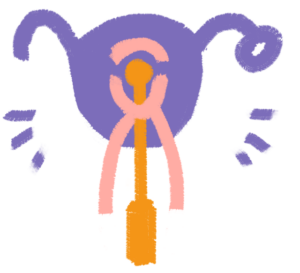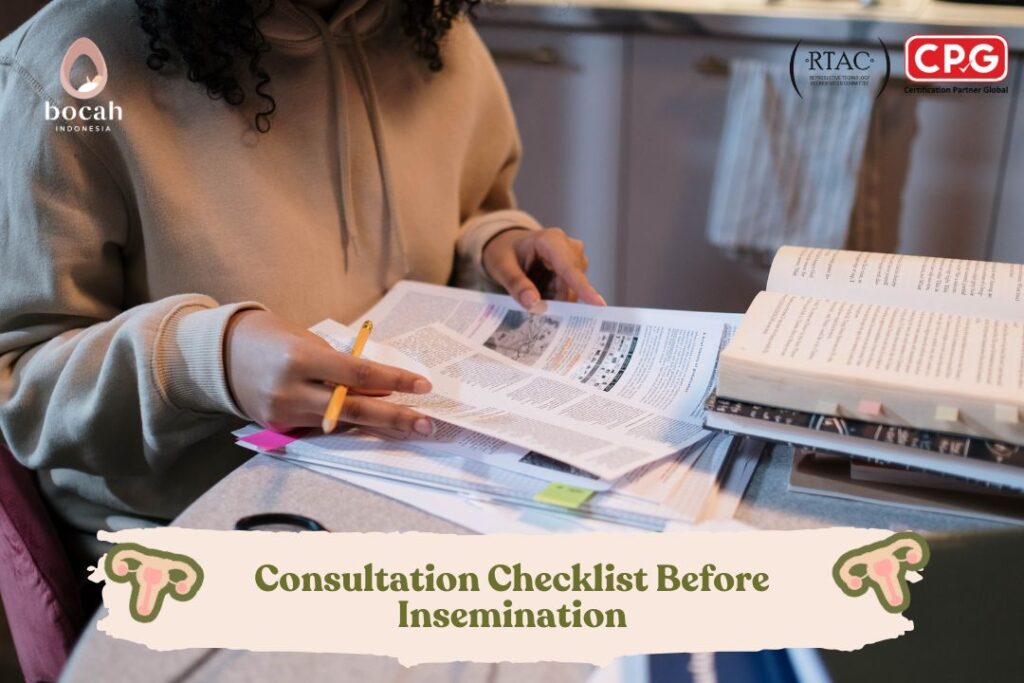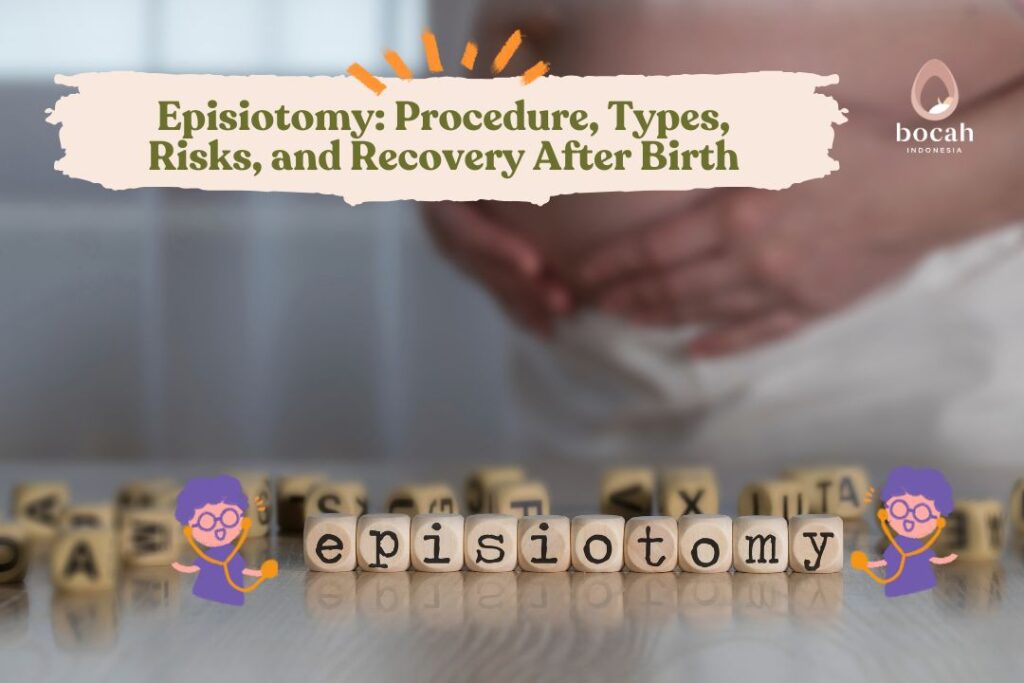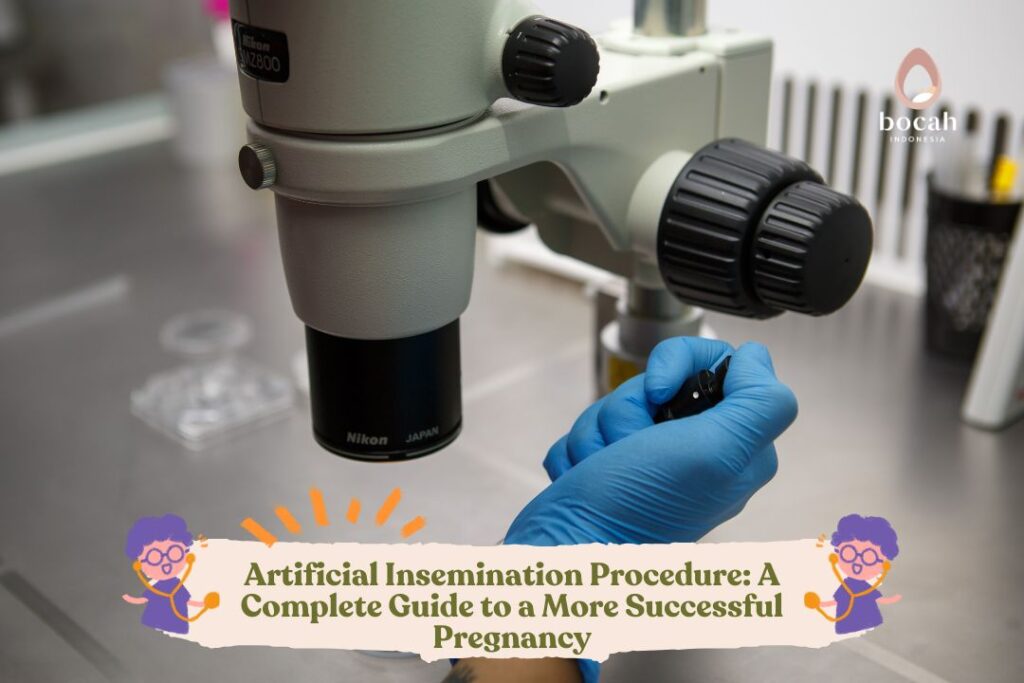-
 IUI is one of the simpler, less complex and less invasive treatment options available to you
IUI is one of the simpler, less complex and less invasive treatment options available to you
Intrauterine Insemination (IUI)

What is Intrauterine Insemination Process?
Intrauterine Insemination (IUI) is a fertility treatment that involves directly placing sperms inside a woman’s uterus to facilitate fertilization. The goal of IUI is to increase the number of sperms that reach the fallopian tubes and subsequently increase the chance of fertilization and pregnancy.

How Are The Intrauterine Insemination?

Indication For Intrauterine Insemination
Schedule An Appointment
If you have been trying to conceive for twelve months or more without success (or six months if mom’s age is over 35) we recommend a fertility assessment with our fertility specialists.
To make an appointment please call us at (021) 50200800
Or you can fill this appointment form button below.

Frequently Asked Question
Performing artificial insemination (IUI) is actually minimal risk, but even so there are some risks for some women including the risk of being pregnant with twins, ovarian hyperstimulation syndrome, and infection.
Intrauterine insemination is a simple process and is considered one of the least invasive methods. The side effects associated with the process are also very minimal. Most of the side effects of IUI treatment usually subside over time or go away after stopping fertility drugs.
News & Article
Consultation Checklist Before Insemination
Written by Team Content Medis Bocah Indonesia Undergoing an insemination consultation is essential to understand the procedure, benefits, and risks of this treatment. Find out…
Selengkapnya
Episiotomy: Procedure, Types, Risks, and Recovery After Birth
Written by Team Content Medis Bocah Indonesia Lateral episiotomy is one of the episiotomy techniques designed to help the baby’s delivery and prevent irregular vaginal…
Selengkapnya
Artificial Insemination Procedure: A Complete Guide to a More Successful Pregnancy
Written by Team Content Medis Bocah Indonesia| Reviewed by dr. Chitra Hetti Fatimah Artificial insemination is a medical method that helps couples facing difficulty getting…
Selengkapnya





